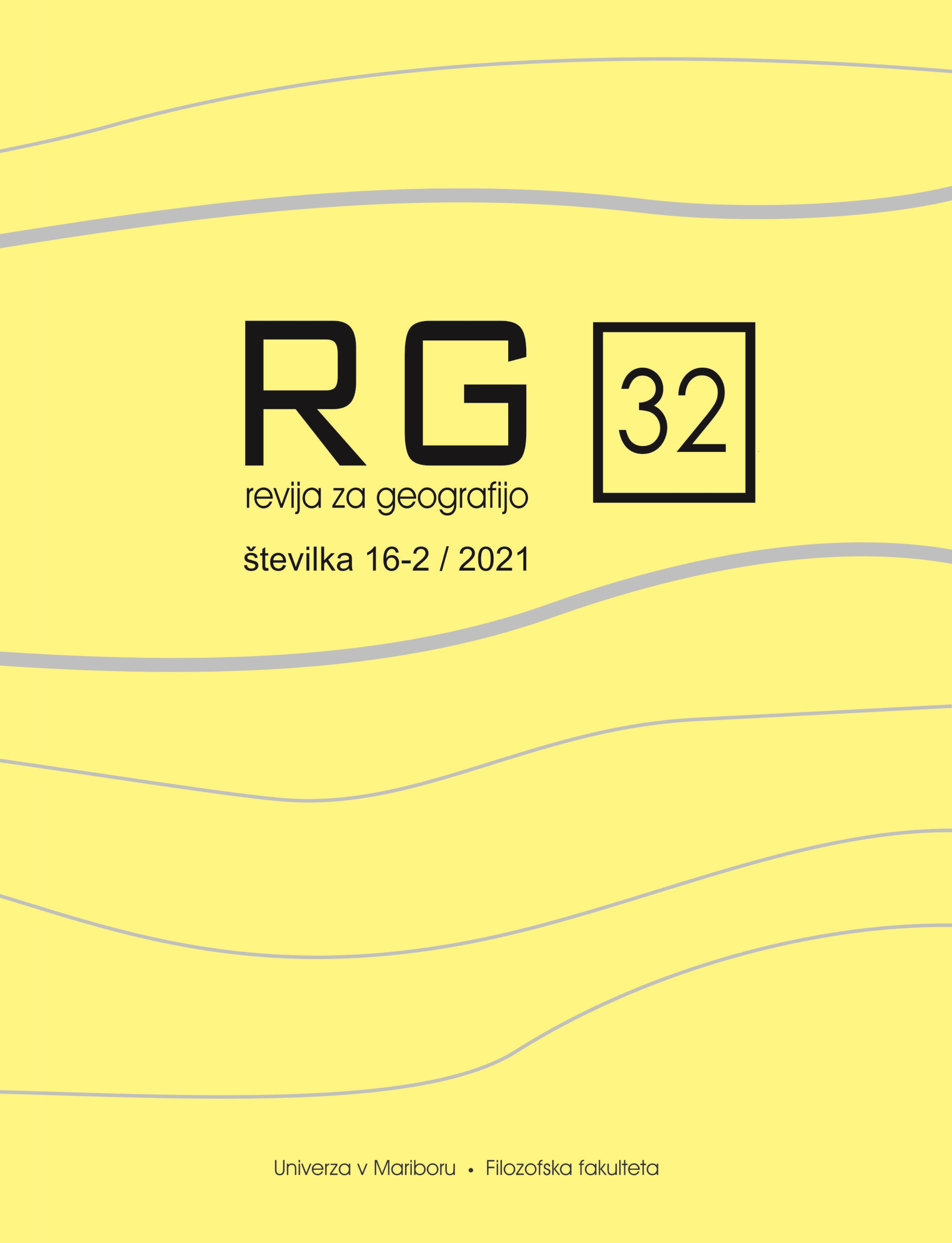Light pollution measurements in Maribor, Gornja Radgona and Senovo
DOI:
https://doi.org/10.18690/rg.16.2.3210Keywords:
Light pollution, lights, lighting of sport arenasAbstract
Light pollution measurements in Maribor, Gornja Radgona and Senovo
In this paper we report on measurements of light pollution in the urban area of the cities of Maribor, Gornja Radgona and Senovo and present the results in the form of maps. For this purpose we used a specially made measuring device that measures illuminance based on a light sensor. The results show that Maribor is the most polluted area among the places considered. The reasons for this are the size and number of the population itself, which contribute to a greater need for safety at night. The larger area of the city leads to more culturally and historically important buildings that are lit up at night. Undoubtedly, the areas of Gornja Radgona and Senovo are less polluted. Apart from the public street lighting and the lighting of important buildings, the areas are not too saturated with light. We also analysed the impact of the lighting of the Ljudski vrt football stadium and found that there is a large light emission. The impact of the floodlights is most noticeable in less light-polluted places nearby (city park, campus of the technical faculties), and partly we can see the impact on the surrounding hills. No obvious differences were found in the already more polluted places. Finally, we present a model of dimming with distance from a street lamp that could serve as a basis for planning lighting in new locations.
Downloads
Downloads
Published
Issue
Section
License
Copyright (c) 2021 Laura Kalšek, Žiga Budna, Aleks Hedl, Jure Ravnik

This work is licensed under a Creative Commons Attribution 4.0 International License.
